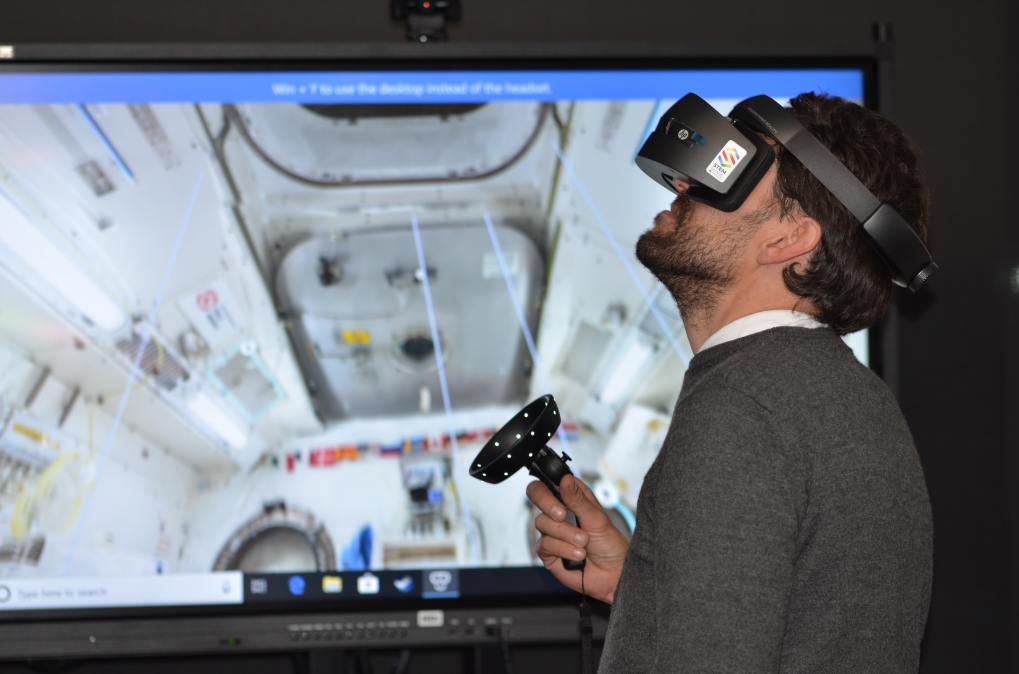VR, digital assistants among projects in first STIR Labs cohort

Seventeen cities have announced partnerships with research universities to study solutions to common urban problems like climate change, transportation, housing and civic technology through CityInnovate’s STIR Labs program, the corporation announced Tuesday.
The first cohort of cities and universities, announced in September, will work together over a 16-week period starting in February, said Susana Benavidez, CityInnovate’s chief strategy officer and the leader of the STIR Labs program. The program was conceived to diversify the research community that governments rely on, including encouraging cities to look at local universities for help in solving community problems.
CityInnovate, along with the consulting firm Berkeley Innovation Group, worked with cities to form research projects and identify universities interested in joining the cohort. Benavidez said many of the cities involved in the first cohort took to the idea instantly.
“On one end, some folks were like, ‘I don’t get it, this is not going to work,’” Benavidez said. “On the other end, some cities said, ‘This is perfect for what I’m looking for, it provides a structure, project management and an easy guide for me to work with government.’”
The City of Austin will conduct two research projects, with Texas State University and the University of Texas at Austin, to develop a virtual reality training system for its infrastructure code inspectors and public safety staff. Some cities, however, chose to work with universities out of state, like Coral Gables, Florida, which will conduct research with a West Virginia University team to create a “smart digital assistant” that can guide visitors through Coral Gables’ website and data portal.
“Cities are working with universities consistent with their values,” Benavidez said.
Several of the research projects also focus on developing solutions to address digital inclusion. Among these are the City of San Leandro, California, which will work with Menlo College in Atherton, California. Some regional transit agencies — the San Francisco Municipal Transportation Agency; the Massachusetts Bay Transportation Authority; and the Metropolitan Transportation Commission, the San Francisco Bay Area’s transportation planning agency — plan to work with universities to improve access to transportation and plan for disasters.


